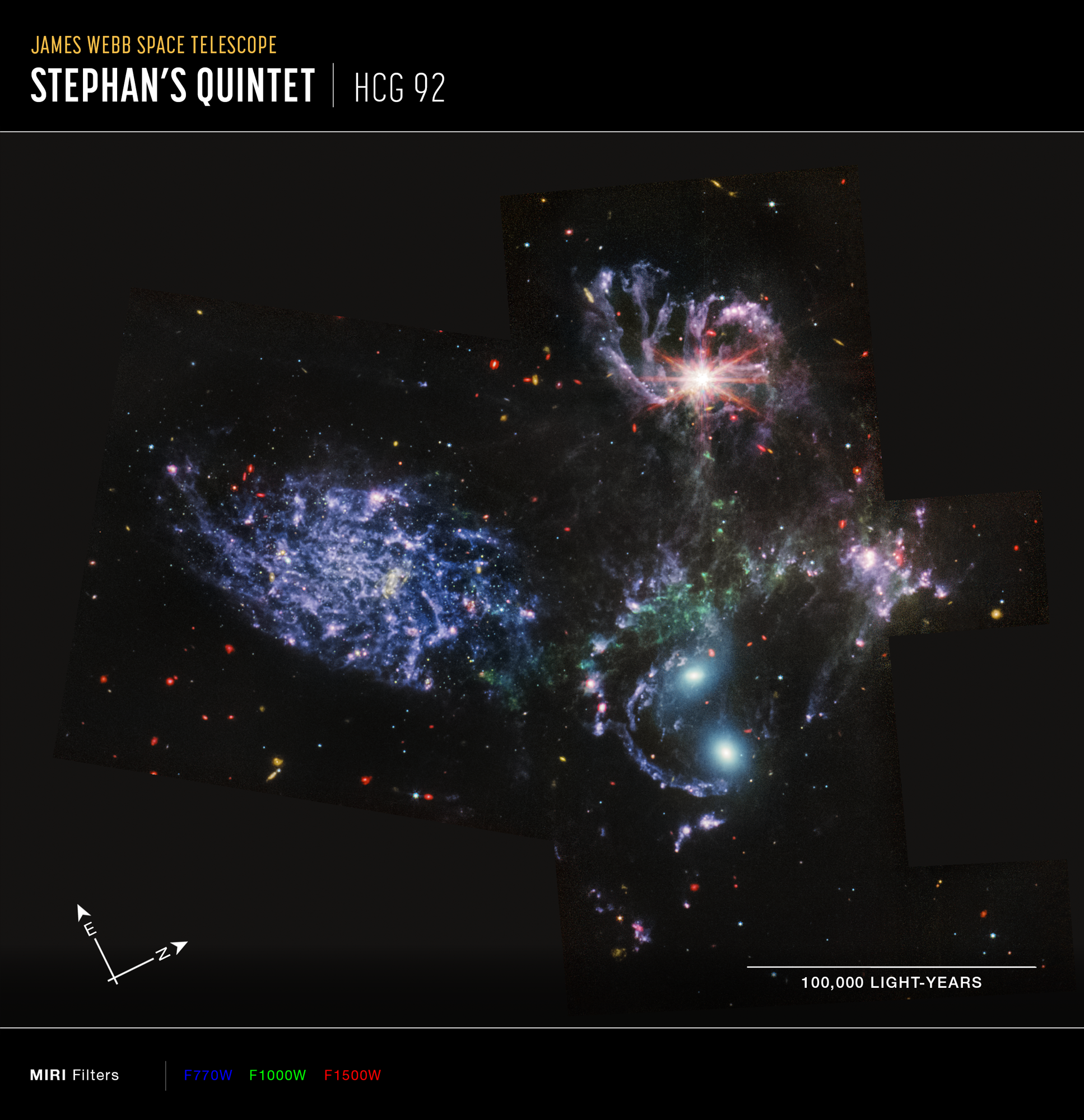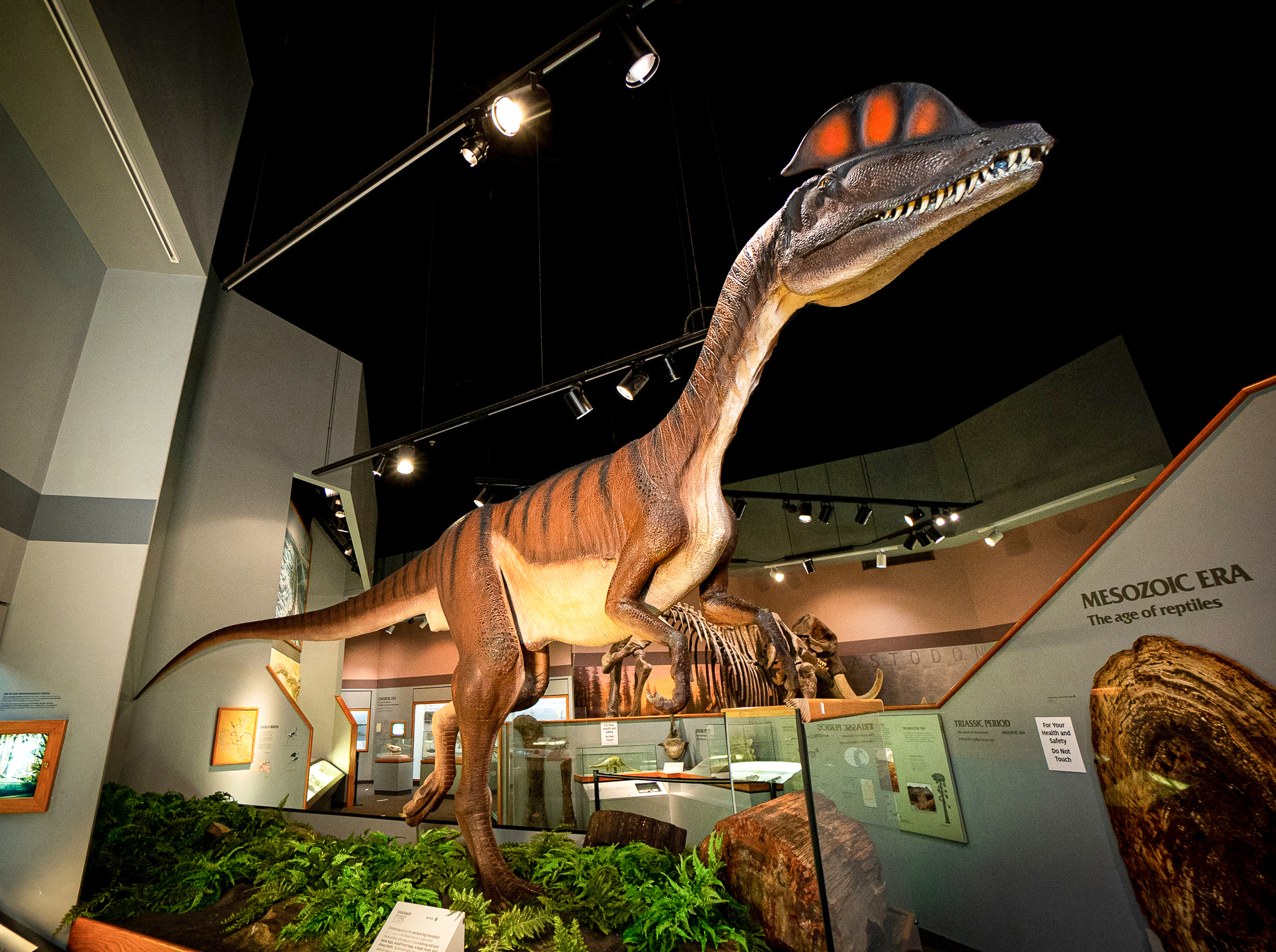Astronomy related career areas
Academia – College Professor (Physics advanced degree (Masters plus), does research and teaches)
Education – Teacher Elementary or High School (Education Certification in Earth Science, Physics)
Field work – Lunar and planetary geology and to study meteorites, asteroids
Observatory research – (Career path – Physics and math, advanced degree (Masters, PhD.)) Planetarium – (Career path – Sciences (specifically physics), Math, museum volunteering, telescope experience (Memphis Astronomical Society)
Technical – (Career path – Engineering, Computer science (building probes, working in teams, designing experiments))
NASA Links:
https://www.nasa.gov/sites/default/files/atoms/files/agency_recruitment_brochure-2023.pdf
https://www.indeed.com/career-advice/finding-a-job/astronomy-jobs
Career Examples (with active links)
National average salary: $70,024 per year
Primary duties: A successful career in technical writing is heavily supported by expert-level knowledge in a particular subject. Professionals with an astronomy degree may choose to work as technical writers. Besides writing research and grant proposals, they collaborate with research scientists to write peer reviews and critiques that guide research in the field. For this reason, one of the leading astronomy career paths is technical writing, and those with extensive scientific knowledge get hired as senior-level writers.
Related: Learn About Being a Technical Writer
National average salary: $72,299 per year
Primary duties: Those with astronomy degrees may choose to work in an academic environment, as they have the credentials to teach at a college level. Depending on their research specialty, these college professors may teach a variety of classes related to astronomy and physics like biophysics, cosmology, observational astronomy and physics education research. They often have an additional role serving as chair of the department. Besides teaching, they work to develop high-impact research programs using university resources and research facilities.
Related: 9 Common Data Science Interview Questions
National average salary: $78,850 per year
Primary Duties: Research scientists are critical thinkers with technical skills who work in a variety of astronomy subfields. They work in labs and for agencies to conduct research designed to accomplish an important common goal. The nature of scientific research offers independent and collaborative environments. When research scientists are ready, they present their findings at scientific meetings and in peer-reviewed articles of industry publications.
Related: Scientist Cover Letter
National average salary: $82,797 per year
Primary duties: Natural-born leaders with an astronomy degree will thrive as directors of planetariums or planetary museums. Museum directors in this field, also known as curators, have a passion for science and often strong connections with those in the aerospace community. Directors typically have distinguished scientific careers in which they use their extensive knowledge of the industry and strengths as researchers to guide the museum’s mission. They oversee and direct museum exhibitions and may work with other personnel to secure the museum’s artifacts.
National average salary: $94,570 per year (Bureau of Labor Statistics)
Primary duties: Astronomy jobs include those of a meteorologist, who studies Earth’s atmosphere to forecast weather conditions. They are expertly trained in using mathematical and physical formulations to generate their findings. The main duties of a meteorologist include recording, analyzing and interpreting data from global weather stations, satellites and other instruments. They provide the results of their findings to government agencies, private sectors and broadcast companies who use the information to make informed decisions.
National average salary: $94,570 per year (Bureau of Labor Statistics)
Primary duties: Careers in climatology involve a focus on long-term weather patterns in specific areas. Climatologists are problem-solvers who examine the factors that influence the weather over the course of many decades, which is often based on a 30-year cycle. They can be found collecting soil samples, analyzing data and presenting their research to the community. Climatologists may work as weather forecasters or developers of new measurement tools.
National average salary: $100,800 per year
Primary duties: Behind every spaceship and satellite is an aeronautical engineer who designed its structure and operating functions. Beyond the spacecraft, these engineers also design the space mission itself. Aeronautical engineers possess expert-level knowledge of several key components of space exploration. They must understand how a rocket’s design and propulsion will interact with the Earth’s gravitational pull and orbit, as well as the environment in space.
National average salary: $128,160 per year (Bureau of Labor Statistics)
Primary duties: Astronomers study the universe and support their research with math and physics. The array of specialties in astronomy includes radio (the use of radio telescopes to detect celestial radio emissions), solar (study of the sun), stellar (study of the suns in other solar systems), planetary (study of the solar system’s planets and extra-solar planets), galactic and extragalactic astronomy (study of extremely distant objects) and cosmology (theoretical astronomy using data, not observations).
Related: 10 Fascinating Science Careers
National average salary: $147,450 per year (Bureau of Labor Statistics)
Primary duties: The role of an astrophysicist can encompass a variety of tasks related to the analysis of objects in space and the creation of theories about them. Astrophysicists use their extensive knowledge of physics and advanced mathematical skills to test their theories of astronomical relationships and understand the laws of the universe. They must perform administrative work related to their findings. They also write grants to fund their projects, create scientific presentations and publish scholarly articles for industry-related publications.
National average salary: $152,430 per year (Bureau of Labor Statistics)
Primary duties: Physicists are well-rounded scientists who possess a natural curiosity. They are often employed by universities performing scholarly research, though others may pursue specialized fields like astrophysics and quantum mechanics. They often work with astronomers to conduct research that explains how different forms of energy and matter interact. They may focus on a particular area of study and research the laws that govern time and space. Their extensive knowledge helps develop technological advancements and special devices.



